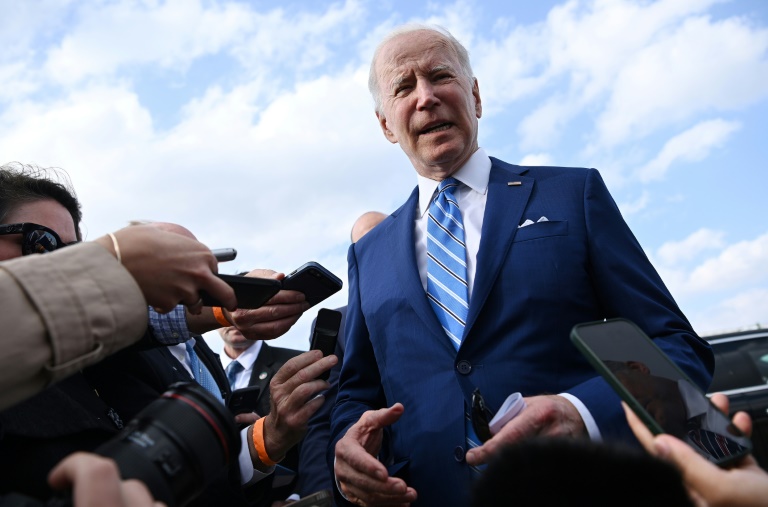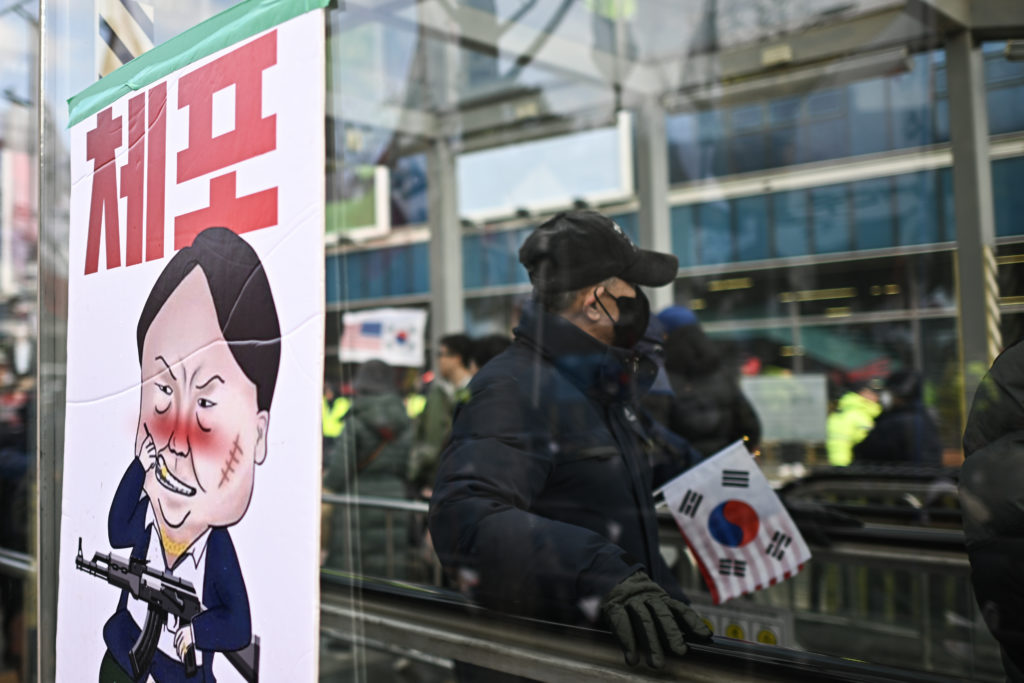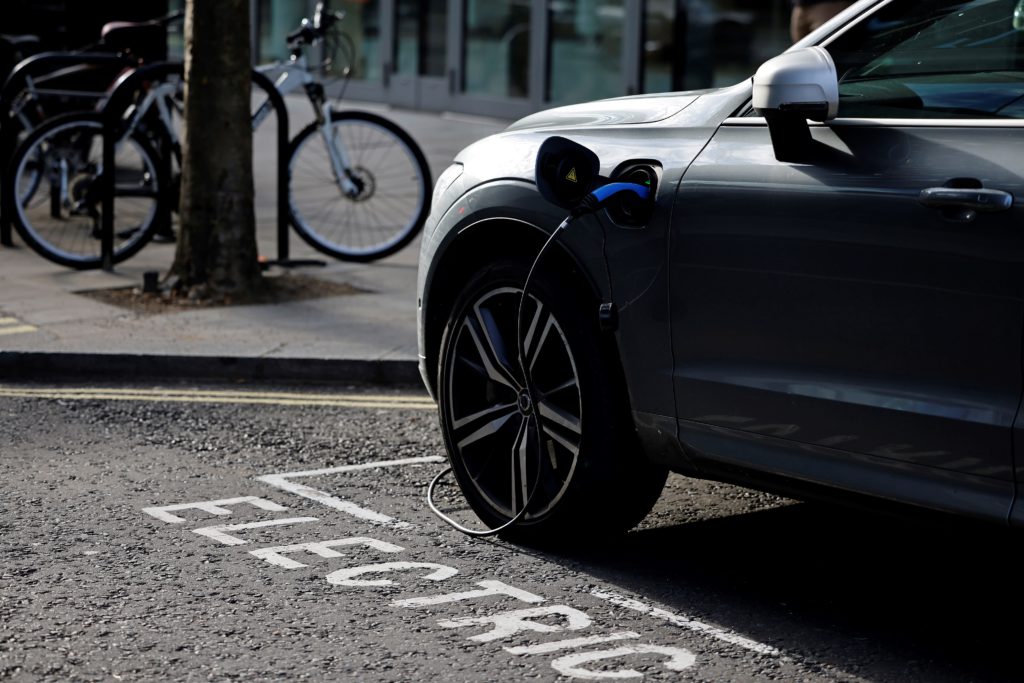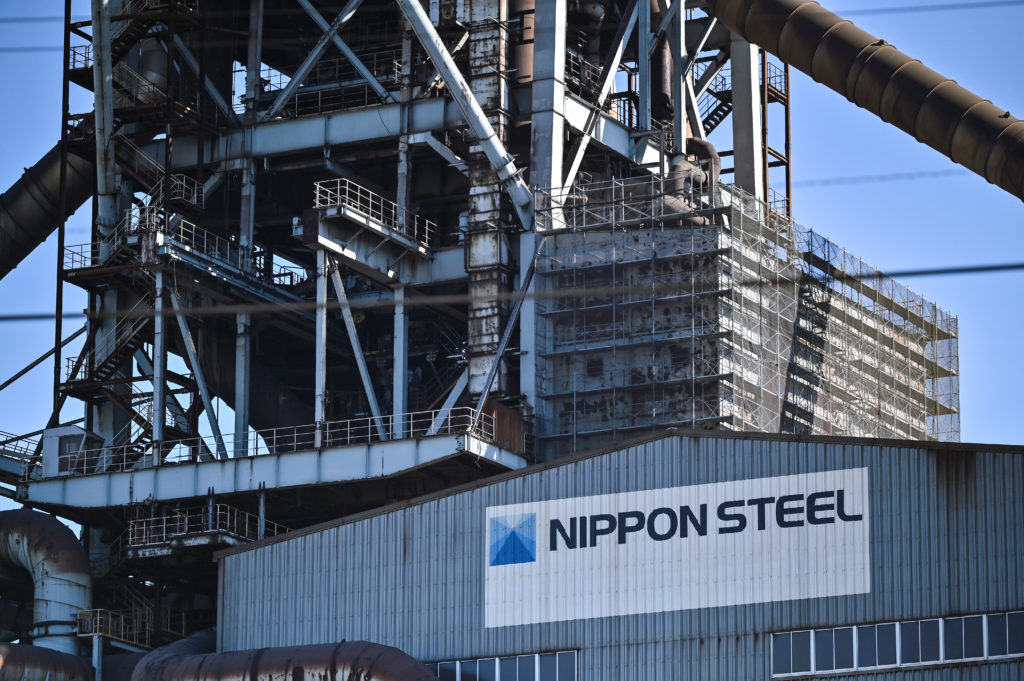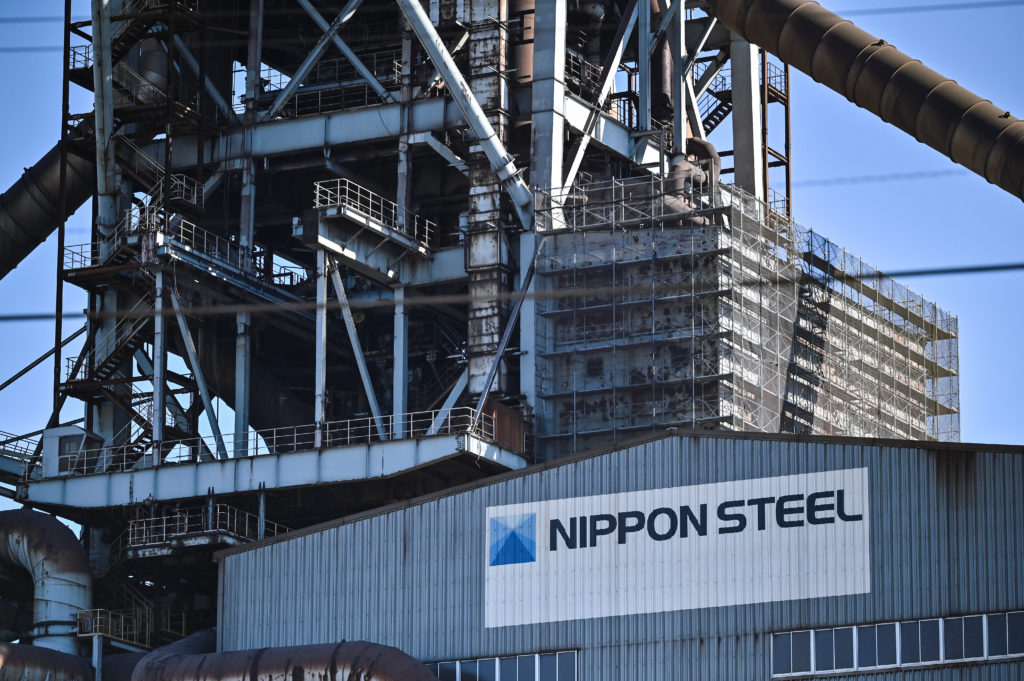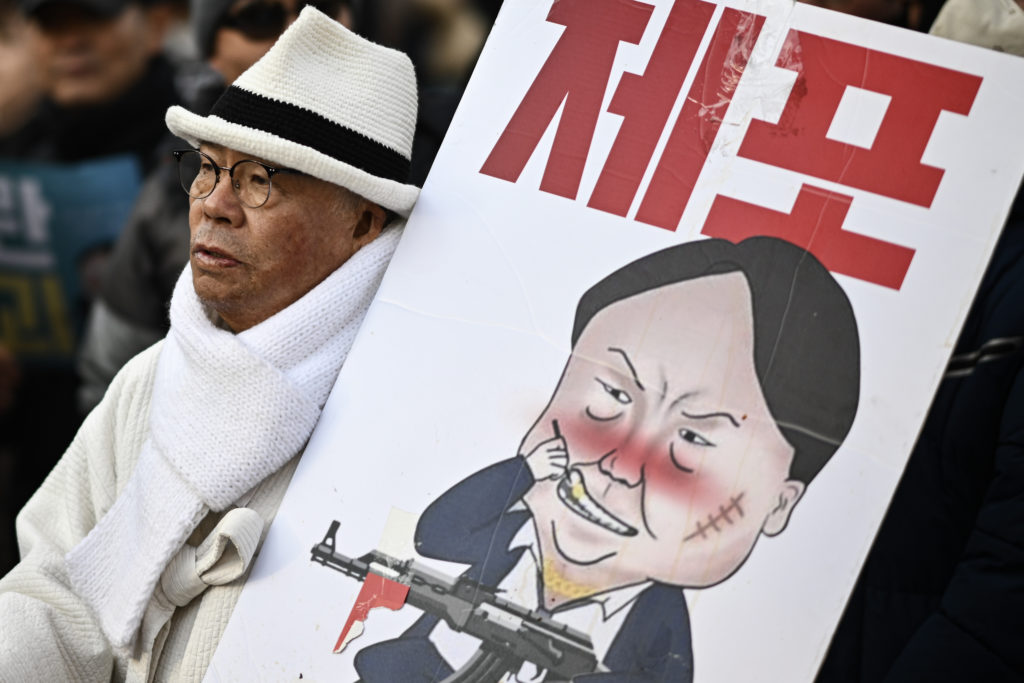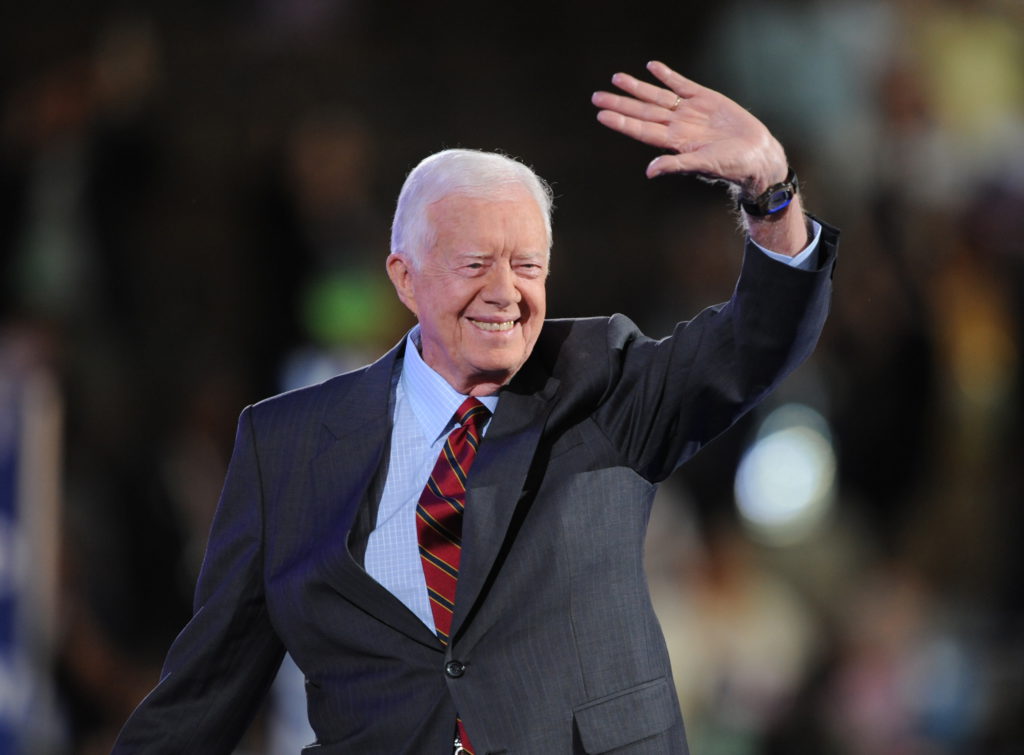President Joe Biden hailed US innovation Thursday on a visit to the south to promote his efforts to combat inflation, jumpstart high-tech manufacturing and return the United States to pole position in the global economy.
The president said his top priority from his first day in office had been to promote products “made in America” as he met students at the country’s largest historically Black university in Greensboro, North Carolina.
“More is going to change in the next 10 years than has changed in the last 50 years,” Biden told aspiring engineers at a new research complex opened by the North Carolina Agricultural and Technical State University.
“Science and technology is moving so incredibly rapidly. It’s all part of a broader vision that Vice President (Kamala) Harris and I ran on — to build back a better America than even before the pandemic.”
The visit came with the Bureau of Labor Statistics reporting inflation at a 40-year high of 8.5 percent — mainly due, it said, to Russia’s invasion of Ukraine, rent hikes and gas prices.
Biden met faculty and students reading robotics and cybersecurity to discuss how his Bipartisan Innovation Act could boost the economy by improving manufacturing.
“That means stronger supply chains, more manufacturing jobs and lower prices for consumers as we break up the bottlenecks, like semiconductor chips, that have driven inflation over the last year,” the White House said ahead of the trip.
Deputy press secretary Karine Jean-Pierre told reporters aboard Air Force One that Greensboro was an example of the kind of “regional manufacturing ecosystem” that Biden envisions building across America, to create an industry that can counter China’s growing influence.
One of the administration’s top priorities, the legislation would offer funding to the city of 300,000 and places like it, to promote job creation and business growth.
Biden’s trip — which came with Washington’s political elite bracing for November’s midterm elections — was the political equivalent of a fixture on neutral ground.
North Carolinians have voted for the Republican candidate in every presidential election since the Reagan era except 2008, when the state went for Barack Obama over John McCain.
But five out of its seven governors over the same period have been Democrats, and statistical analytics website FiveThirtyEight described North Carolina in 2020 as a “perennial” swing state.
– Deep underwater –
Biden is deep underwater in recent polling, however, with inflation seen as the Democrats’ biggest challenge if they are to pull off the unlikely feat of holding on to Congress.
A poll released last week by High Point University gave the president a job approval rating of 35 percent in North Carolina, while 53 percent said they disapprove.
His lowest marks were for his handling of inflation (19 percent), including rising gas prices (18 percent), and his stewardship of the economy in general (26 percent).
Nationally, a new Quinnipiac University poll has the president at just 33 percent approval, while 54 percent disapprove of his job performance.
Democrats and Republicans in the House and Senate have been discussing the contours for launching formal negotiations on Biden’s legislation as early as April, with a floor vote expected in May or June.
The Senate passed its own package with a decisive bipartisan 68-32 margin last summer, but that needs to be synced up with a more contentious equivalent passed mostly along party lines in the House.
Republicans argued that the 2,900-page House version wasn’t tough enough on China and overly focused on unrelated issues such as climate change and social equity.
Biden implored Congress to “take action quickly” to support innovation, saying the “incredibly rapid” changes taking place in manufacturing required an urgent approach.
“Congress: get this bipartisan bill on my desk… national security is on the line,” he said.

